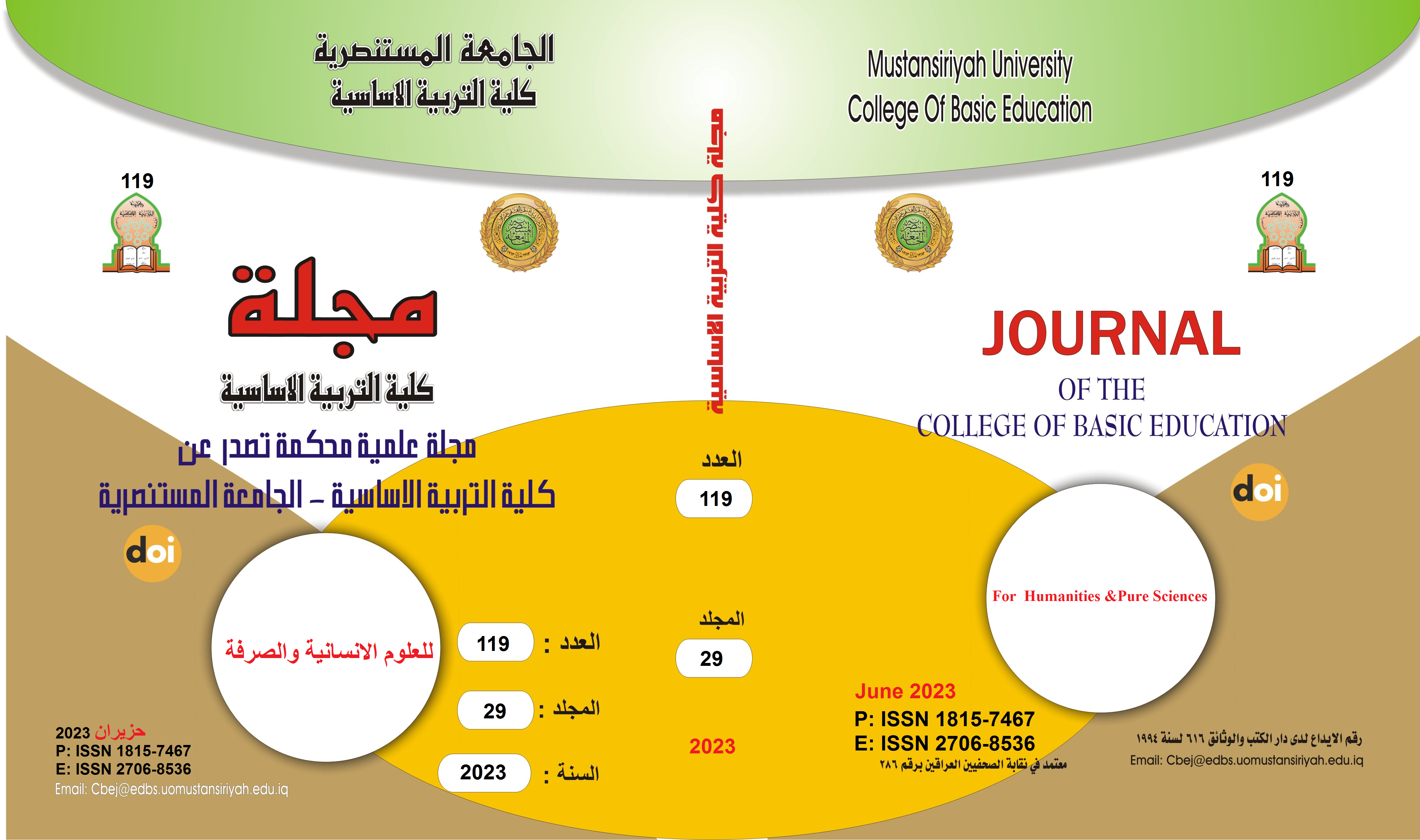Western border outlets and their role in Iraqi relations with neighboring countries
Main Article Content
Abstract
Border crossings are considered one of the most important pillars of relations between neighboring countries from the political and economic aspects, due to their political and functional importance, as they represent the interface of the state in which national sovereignty is represented and its gateway to the outside world. Border crossings play an active role in the formation of political and economic relations. Iraq has gone through many political changes that have affected Great on the role of these outlets. Where the border crossings are considered one of the places most vulnerable to the emergence of wars, as it generates sensitivity in which the intersections lie and highlights the differences, which affected the nature and quality of his foreign policy towards the neighboring countries, which represented the reflected image of these variables, and the positions of neighboring countries towards them, in addition to the security conditions and ideological, ethnic and sectarian characteristics. A suitable field and environment for crystallizing the interests and goals of neighboring countries. Each country has its own directions and reasons for formulating a specific policy to deal with Iraq's foreign policy to the extent that serves its interests and higher strategic goals. Accordingly, the outlets work to strengthen political and economic relations, as it is the base that manages common interests between countries
Article Details

This work is licensed under a Creative Commons Attribution-ShareAlike 4.0 International License.
